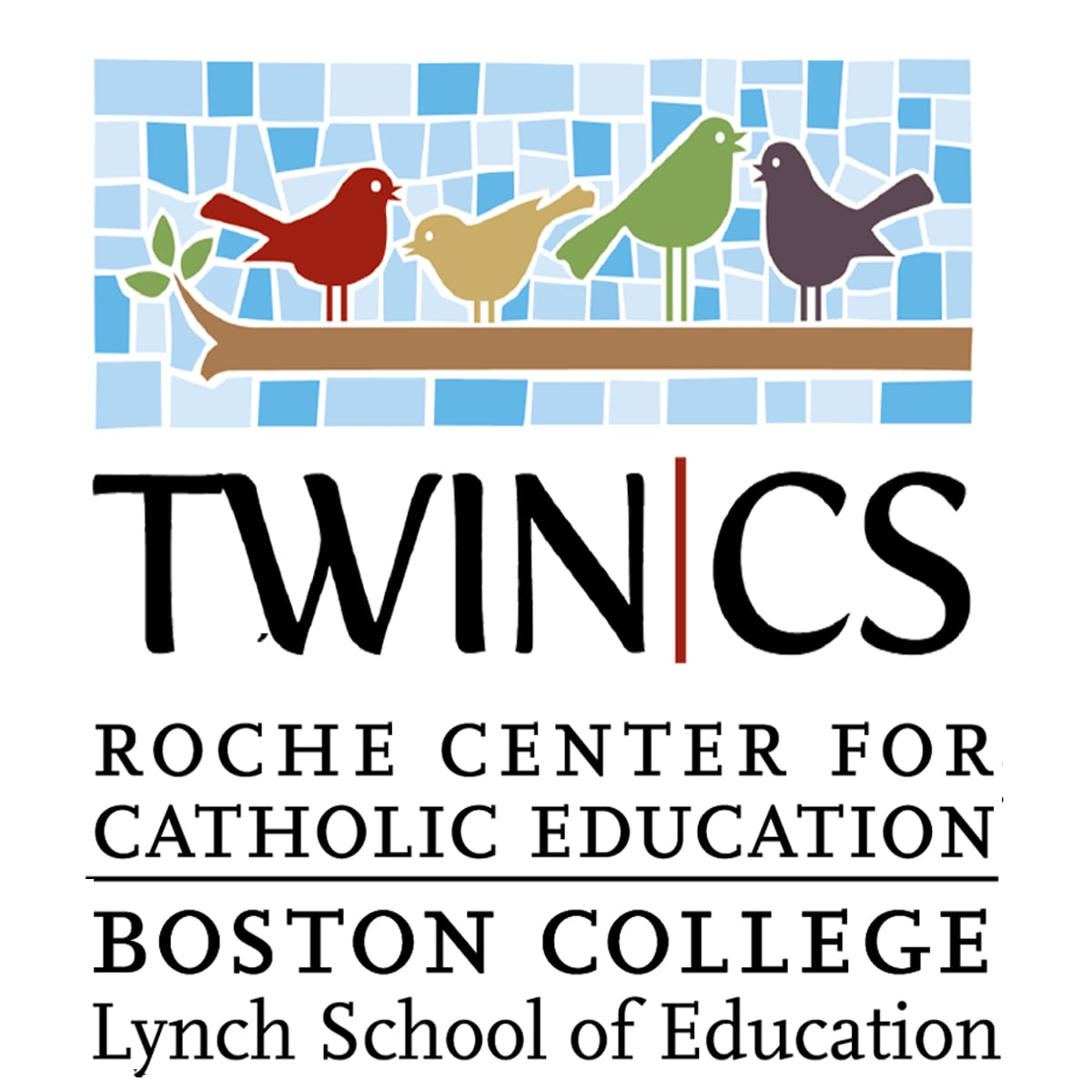Corey Mitchell, contributing writer for Education Week, discusses a recent Migration Policy Institution (MPI) publication that suggests ESSA may be penalizing English Language Learners (ELLs).
According to the article, the four-year graduation expectation which has becomes “such a prominent part of school accountability plans,” might lead “administrators in traditional high schools to turn away older English-learner students who may need additional time to earn their high school diplomas.”
Furthermore, Mitchell states how the MPI report “also examines why high-school age English-learners drop out of school, how graduation rates are calculated, and how a heavy emphasis on graduation rates can affect how schools design instructional programs for English-learners.”
The article does not deny the benefits of ESSA in that the “federal law has helped close opportunity gaps for English-learners by requiring schools to document and publicly report on their educational progress,” yet it argues that ESSA may “disproportionately categorize English-learners as failures or, more concerningly, incentivize schools to push such students into inappropriate educational pathways or not to serve them at all, for fear of the consequences attached to being labeled as a school in need of improvement,” as written in the report by author and senior policy analyst Julie Sugarman.
Mitchell concludes by delineating how schools often fail to meet the needs of older ELLs. Older ELLs may be “refugee and immigrant students who often have gaps in their formal education and may suffer from emotional trauma,” and despite legislation which allows “young people to enroll in traditional public schools until they reach age 20 or 21, some high schools have barred older immigrant and refugee students, kept them out of class for months, or sought to enroll them in alternative education.”
Please find the complete Education Week article here and the MPI report here.

